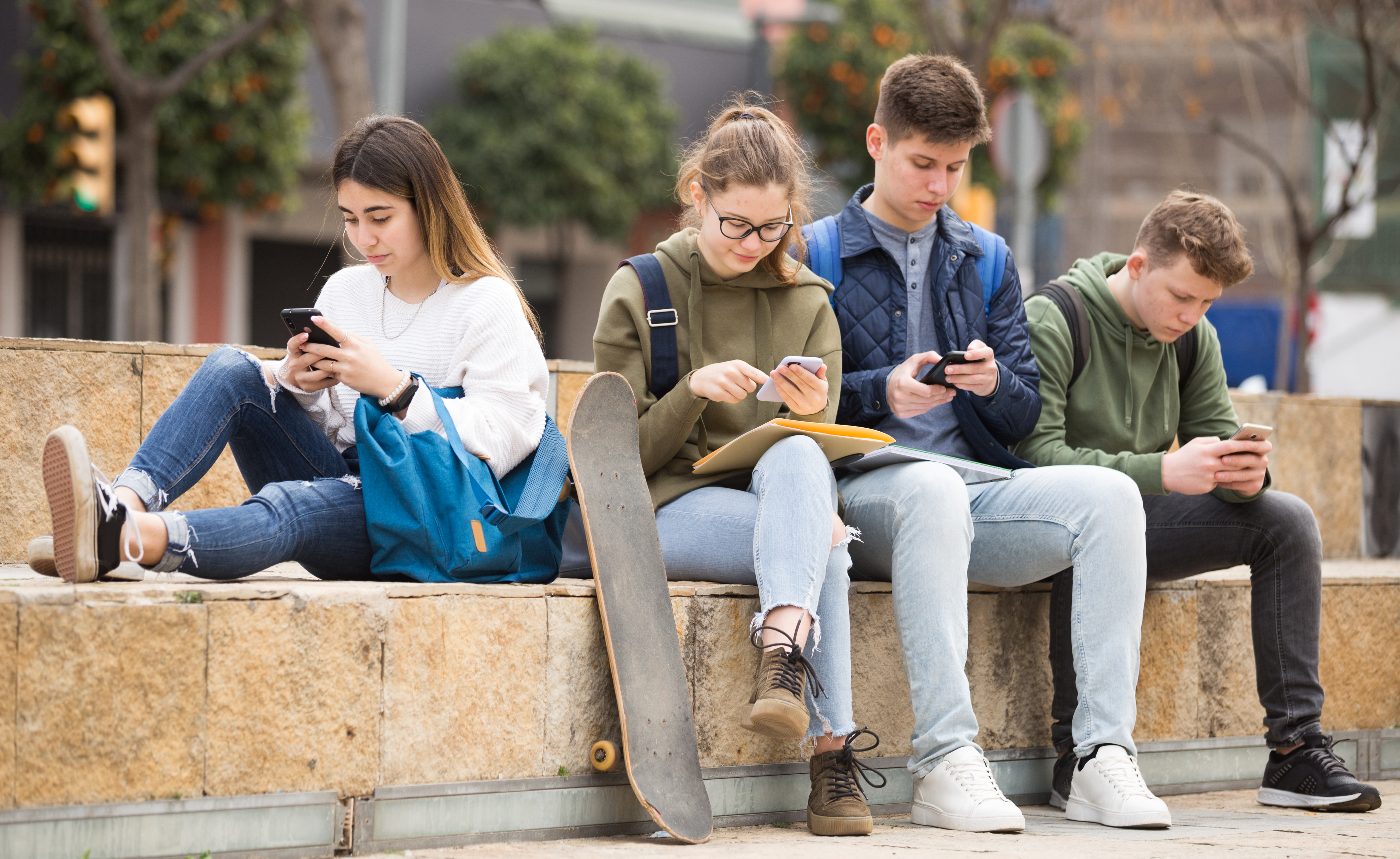News release
From:
In striking new statistics, experts warn of social media’s growing grip on young people, with use among children and teens soaring by more than 200% since before COVID and showing no sign of decline.
In one of the world’s largest studies of after-school activities, University of South Australia researchers tracked more than 14,000 South Australian students aged 11–14 from 2019 to 2022, uncovering a dramatic shift in how young people spend their time.
Over the four-year period, daily social media use jumped from 26% to 85%, while participation in almost every other ‘enriching’ activity – including sport, reading, music, and art – sharply declined:
- Reading for fun: the proportion of children who never read for fun increased from 11% to 53%
- Arts participation: those who never took part in arts activities rose from 26% to 70%
- Music: students who never joined extracurricular music increased from 70% to 85%
- Social media use: daily users jumped more than 200%, from 26% to 85%, while non-users plummeted from 31% to just 3%.
These changes have not returned to pre-pandemic levels, even three years after restrictions were lifted, suggesting a lasting shift in how children spend their time.
Boys experienced a steeper drop in reading, while girls consistently used social media more often.
Conversely, time spent watching TV, doing chores, and playing electronic games increased during the pandemic but returned to pre-pandemic levels by 2022.
UniSA researcher and PhD candidate Mason Zhou says the research highlights the pervasive effect of social media among children and teens.
“There’s no doubt that social media has become deeply embedded in children’s daily lives. But now it’s at the point where it’s replacing many of the activities that support healthy development – like sport, reading, and creative play,” Zhou says.
“In this study, we found that children’s participation in music, art, reading for fun, hanging out with friends and playing sports all declined during and after the pandemic.
“Not surprisingly, watching TV and playing electronic games increased significantly during the same period, but both returned to pre-pandemic levels afterwards.
“Social media was the only activity that consistently increased during the pandemic and in the post-pandemic years, showing the largest growth overall.
“Because these changes happened during a critical stage of adolescence, and because they’ve persisted three years after COVID restrictions ended, they may have lasting impacts on young people’s health and wellbeing – and that’s a real cause for concern.”
As Australia prepares to implement a nation-leading restriction on social media access for children under 16, this research provides an essential baseline for evaluating how such interventions affect young people’s after-school activity patterns.
Co-researcher Professor Dot Dumuid says we need more programs and policies that encourage young people to re-engage in enriching activities such as sport, music, arts and reading.
“If we want to support young people’s wellbeing, we need to help them rebalance their time – encouraging them to reconnect with real-world activities that build skills, confidence and social connection,” Prof Dumuid says.
“Children who participate in sports, arts and other extra-curricular activities generally have better academic outcomes, stronger self-identity, improved social skills and better mental health. These activities help kids form friendships, stretch their boundaries and acquire new skills – all which support mental and social development.
“But if social media is dominating their time, it poses developmental risks.
“The pending social media bans are certainly an intervention aimed at protecting children.
“When access is restricted, children may shift to alternative platforms like gaming, messaging apps or TV. Tracking these behavioural shifts and examining their short- and long-term impacts on young people’s health and wellbeing will be important as we move beyond the ban.”
The full paper, authored by UniSA’s Mi (Mason) Zhou, Professor Carol Maher, Professor Sally Brinkman, Juliette Cools and Professor Dorothea (Dot) Dumuid is available here: https://jamanetwork.com/journals/jamanetworkopen/fullarticle/2841335
The University of South Australia and the University of Adelaide are joining forces to become Australia’s new major university – Adelaide University. Building on the strengths, legacies and resources of two leading universities, Adelaide University will deliver globally relevant research at scale, innovative, industry-informed teaching and an outstanding student experience. Adelaide University will open its doors in January 2026. Find out more on the Adelaide University website.



 Australia; New Zealand; Pacific; International; SA
Australia; New Zealand; Pacific; International; SA


